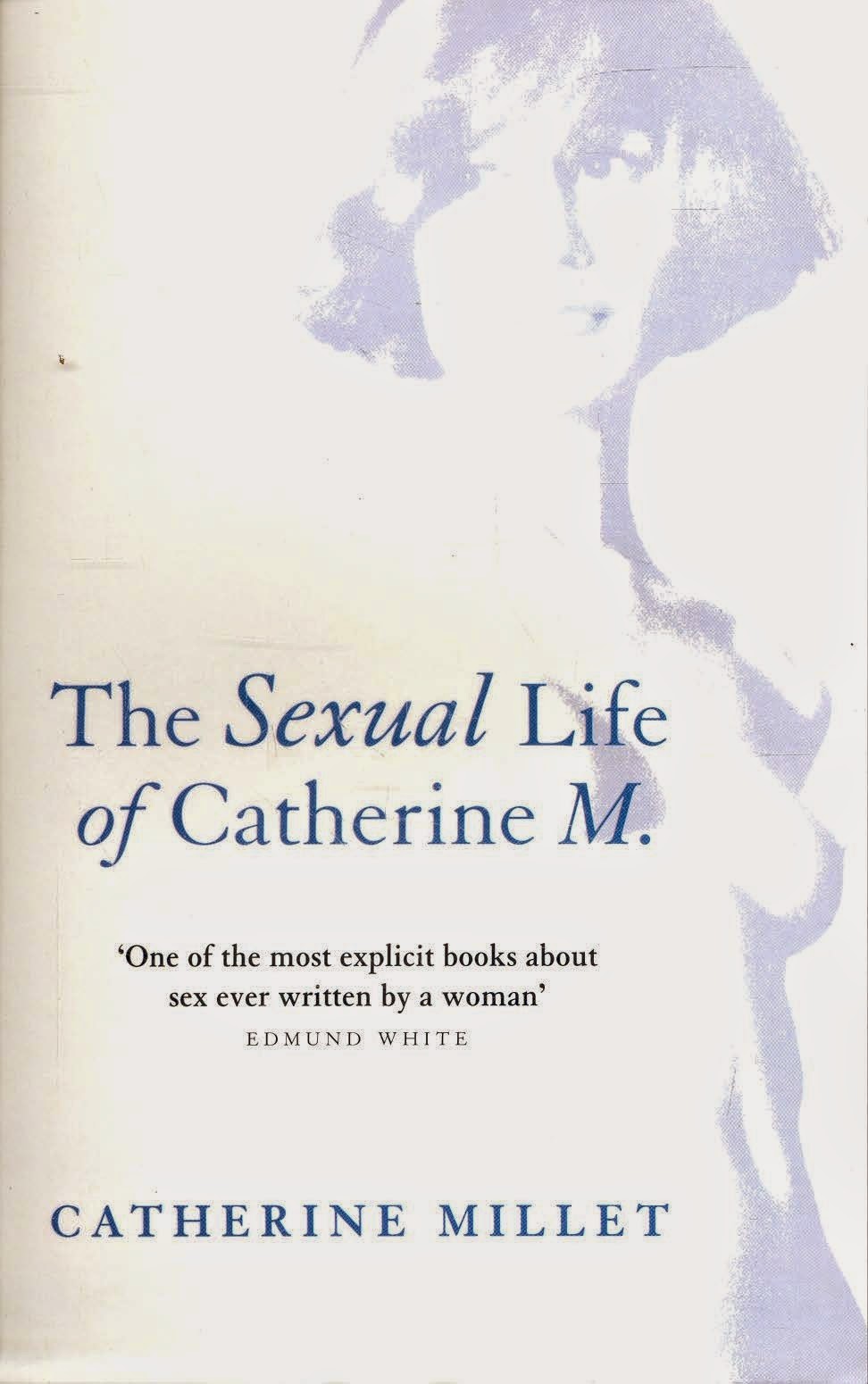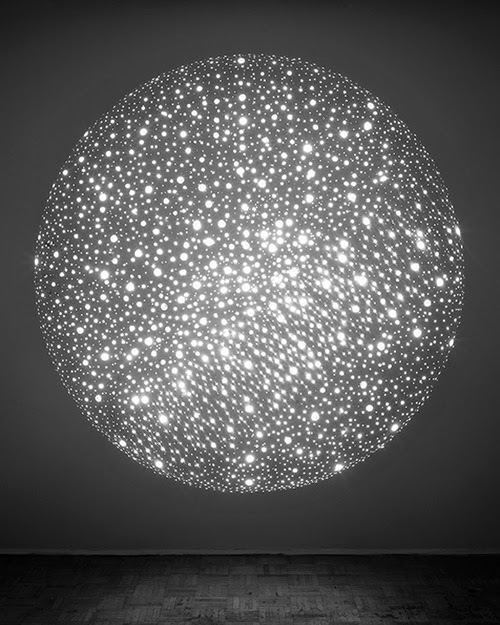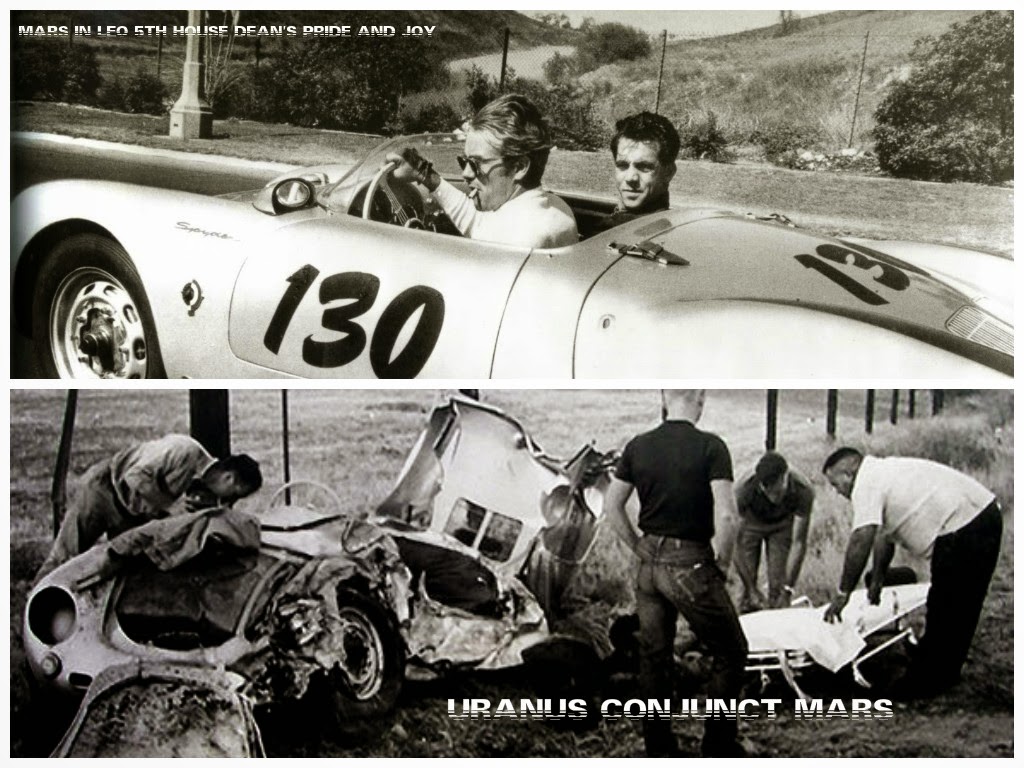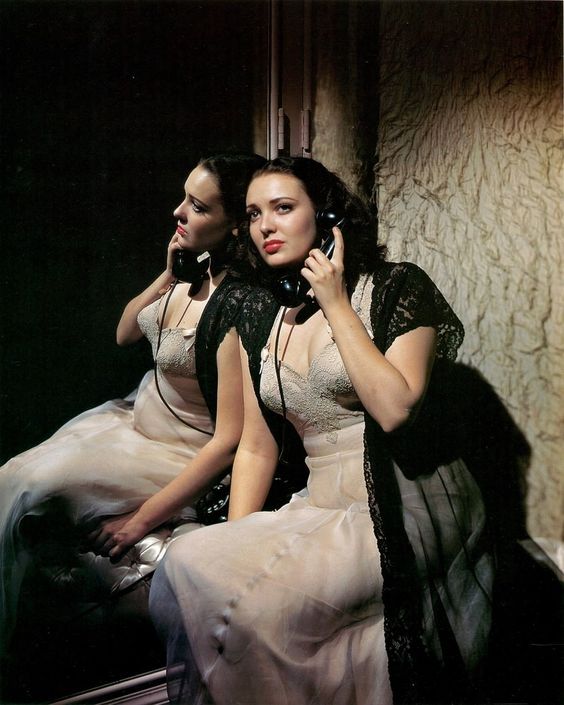
Astronomy Vs Astrology
 One evening, I was, lounging in the glow of my television, absorbing an astronomy program, when the presenter explored the planet Jupiter. This gas giant is so absurdly enormous that you could tuck a thousand Earths into its swirling, stormy insides and still have room for a few misplaced moons. A fact like that not only boggles the mind; it drop-kicks your sense of scale into another dimension. But then, just as I was settling into the comforting certainty of science, the presenter took a detour—into the ever-contentious realm of astrology. Now, astronomers, being the rigorous, calculator-wielding truth-seekers they are, chart the universe with reason. Astrologers, meanwhile, gaze at these same planets and say, “This explains why Gary’s been feeling emotionally unstable.” With a playful smirk, the presenter remarked, “Astrologers insist that Jupiter has an immense influence on human affairs. And, oddly enough, from an astronomical standpoint, they might not be entirely wrong.” A tantalizing suggestion! Could it be that science and mysticism, those age-old frenemies, have more in common than we think?
One evening, I was, lounging in the glow of my television, absorbing an astronomy program, when the presenter explored the planet Jupiter. This gas giant is so absurdly enormous that you could tuck a thousand Earths into its swirling, stormy insides and still have room for a few misplaced moons. A fact like that not only boggles the mind; it drop-kicks your sense of scale into another dimension. But then, just as I was settling into the comforting certainty of science, the presenter took a detour—into the ever-contentious realm of astrology. Now, astronomers, being the rigorous, calculator-wielding truth-seekers they are, chart the universe with reason. Astrologers, meanwhile, gaze at these same planets and say, “This explains why Gary’s been feeling emotionally unstable.” With a playful smirk, the presenter remarked, “Astrologers insist that Jupiter has an immense influence on human affairs. And, oddly enough, from an astronomical standpoint, they might not be entirely wrong.” A tantalizing suggestion! Could it be that science and mysticism, those age-old frenemies, have more in common than we think?
Perhaps Jupiter, in all its sprawling magnificence, affects us not just through the cold mechanics of gravity, but in ways we’re not yet equipped to measure.
In astrology, the planet Jupiter hurls down luck, abundance, and the occasional crisis wrapped in a shiny bow. Jupiter isn’t just a massive ball of swirling gas; it’s the universe’s benevolent benefactor, dishing out prosperity, popularity, and an over-the-top enthusiasm. To be born under Jupiter’s influence, they say, is to be kissed by good fortune—to move through life with an effortless magnetism, attracting success. Jupiter is the embodiment of more—more luck, more ambition, more generosity, and occasionally, more than one should probably consume at an all-you-can-eat buffet. It governs the grand, the optimistic, and the gloriously excessive.
But like any force of expansion, Jupiter’s blessings can tip into overindulgence. Dreams become delusions, generosity morphs into reckless extravagance, and what started as a bold adventure ends with someone saying, “Maybe buying that theme park was a bit much.” Yet, at its best, Jupiter’s essence shows us hat fortune favors the bold, that life is meant to be lived in broad, sweeping strokes, and that sometimes, saying yes to life’s absurd, magnificent possibilities is the luckiest thing of all.
Jupiter: The Beneficial Planet
While astrologers sing its praises as the bringer of fortune and excess, astronomers nod along and say, “Fair enough, but it’s also stopping us from being obliterated by rogue space rocks.” With its colossal mass and gravitational charisma, Jupiter intercepts meteors and wayward asteroids that might otherwise decide to make an unscheduled appointment with Earth. Without it, our planet would be pummeled, cratered, and constantly dodging intergalactic projectiles.
Whether you see Jupiter as the benevolent godfather of astrological good fortune or the universe’s greatest protector, one thing is clear: it’s got our back. Quite literally. While we bumble through our human dramas—spilling coffee, missing buses, tripping over our own feet—Jupiter is out there, silently deflecting doom on our behalf. If this is not divine intervention, or at least some seriously lucky planetary positioning, I don’t know what is.
The presenter, however, didn’t shy away from expressing skepticism about astrology. While admitting that some correlations between planets and human life might be intriguing, they emphasized that the prevailing scientific consensus finds no empirical evidence to support astrology’s claims. Despite Jupiter’s awe-inspiring significance in astronomy and its positive associations in astrology, the presenter ultimately dismissed the latter as a “load of rubbish.” The program then shifted its focus back to the wonders of the universe, leaving viewers to reflect on the ongoing debate between science and mysticism.
A tragic moment, really. Like watching someone receive a beautifully wrapped gift, only to shake it, frown, and say, “Well, there’s no scientific proof this contains anything meaningful.” Of course, astrology doesn’t demand approval. It’s a language, an ancient rhythm that has pulsed through human history, revealing its secrets to those willing to listen. Astronomy and astrology are not enemies, merely different dialects of the same universal story. One measures, the other interprets. One dissects, the other divines.
The Breakup
Before modern astronomy drew a firm (and somewhat snooty) line between them, these two disciplines were inseparable. Back in the day, the great minds of antiquity—Babylonian sages, Egyptian priests, medieval scholars—saw no contradiction in tracking planetary movements for both practical and mystical insights. They charted the heavens not only to predict eclipses, but to understand how the planets might shape the human experience. The same star maps that guided emperors’ armies also whispered omens of fate and fortune.
But then, as the centuries unfolded, astronomy and astrology underwent a rather dramatic breakup. Astronomy, the diligent empiricist, moved into the realm of pure observation, measuring, calculating, and occasionally rolling its eyes at astrology’s continued popularity. Astrology, the soulful interpreter, continued to find meaning in the stars, refusing to be confined by the demands of empirical proof.
While modern astronomers highlight the stark differences between the two fields, their shared origins and historical connection cannot be overlooked. In ancient times, astronomy and astrology were closely linked, often practiced in tandem. Scholars of both disciplines worked side by side, united by their fascination. They relied on similar tools—such as telescopes and star charts—to observe and interpret the movements of the stars and planets. Despite their differences, their shared origins linger in the very tools of their trade. Telescopes and charts, once wielded by scholars seeking both knowledge and meaning, remain symbols of humanity’s eternal fascination with the skies.
Astrology’s Funding
In their desire to unravel the mysteries of the cosmos, astronomers often found themselves engaged in astrological pursuits as well. It was not uncommon for renowned astronomers of their time to practice astrology, which was then regarded as a respected discipline. The patronage of kings and rulers, who sought astrological guidance for critical decisions, often indirectly funded astronomical research.
It was only later, when the world became obsessed with dividing things into rigid categories—fact or fiction, science or superstition—that astrology was cast aside as a relic of irrational thinking. But history tells a different story. Many of the brightest scientific minds—Kepler, Galileo, Newton—were not only astronomers but astrologers too, comfortable with the idea that the universe was both measurable and meaningful. Perhaps the real lesson here is that knowledge and wonder need not be enemies. The ancients understood something we too often forget—that the stars can be both studied and revered, calculated and contemplated. Because, at the end of the day, whether you see the universe as a collection of cold, indifferent spheres or as a guidebook for human destiny, one truth remains: the universe is watching. And if you listen closely, it just might have something to say.
Influential Figures
Some of the most influential figures in the history of astronomy, such as Johannes Kepler and Tycho Brahe, were also deeply involved in astrology. Kepler, for example, formulated his laws of planetary motion while serving as an astrologer for Emperor Rudolf II. However, with the advent of the Scientific Revolution in the 17th century, astronomy began to break away from astrology. This era marked a pivotal shift toward empirical observation and evidence-based methodologies, laying the foundation for modern astronomy. As scientific inquiry advanced, the scientific community distanced itself from astrology, rejecting it for its lack of empirical support and reliance on beliefs increasingly deemed unscientific.
Astronomy, eager to be taken seriously, packed its bags and moved into the cold, calculating realm of mathematics, leaving astrology behind like an old flame. Yet, for all its rejection by the scientific community, astrology never truly disappeared. Why? Because while equations can describe the universe, they don’t always explain the strange synchronicities, the cosmic winks, the undeniable pull of planetary cycles on human affairs. Perhaps, in our rush toward objectivity, we’ve lost sight of something ancient, something intuitive.
Disdain for Astrology
Modern astronomers are forever trying to sweep astrology under the rug, as if their own star-studded family tree isn’t littered with astrologers, mystics, and soothsayers. The past happened, my dear astronomers, and no amount of empirical side-eye can change that. Today’s astronomy prides itself on its methodologies, equations, and evidence-based inquiry—fantastic tools for measuring distances, predicting eclipses, and mapping the vast, indifferent playground of the universe. But when it comes to astrology? They recoil, as if someone just suggested Pluto’s planetary status be determined by tarot cards.
And yet, for all their disdain, astrology refuses to vanish. Why? Because while astronomy gives us what the universe is, astrology dares to ask why it might matter to us. It acknowledges the possibility that we are not drifting through space on a rock, but that the planetary movements above might have a rhythm that influences our own lives. Science may dismiss it as coincidence, but coincidence is just a mystery waiting for a better explanation.
Let astronomers scoff. Let them distance themselves, embarrassed by the astrologers. Meanwhile, astrology—unfazed, undeterred—continues its work, offering insights to those still willing to listen. And who knows? Perhaps one day, astronomy will catch up to what the mystics have always known: the universe is speaking. The real question is—are we brave enough to listen?



















 Venus-Pluto Synastry: A Love So Powerful That It Might Just Kill Them
Venus-Pluto Synastry: A Love So Powerful That It Might Just Kill Them
 Moon-Pluto Synastry: Soul Mate or Soul Trap?
Moon-Pluto Synastry: Soul Mate or Soul Trap?
 How Astrologer Doris Hebel Interprets the Moon-Saturn Aspect
How Astrologer Doris Hebel Interprets the Moon-Saturn Aspect
 Mars Conjunct Pluto Natal Aspect: From Ember to Inferno
Mars Conjunct Pluto Natal Aspect: From Ember to Inferno
 Venus Trine Pluto Synastry: A Rose in the Underworld
Venus Trine Pluto Synastry: A Rose in the Underworld
 Scorpio’s Cold Withdrawal
Scorpio’s Cold Withdrawal
 Scorpio’s Jealousy
Scorpio’s Jealousy
 The Differences Between Synastry and Composite Charts!
The Differences Between Synastry and Composite Charts!
 Love’s Mirage: The Sun- Neptune Synastry Influence
Love’s Mirage: The Sun- Neptune Synastry Influence
 Saturn in the 1st House: From Self-Doubt to Lasting Identity
Saturn in the 1st House: From Self-Doubt to Lasting Identity
 Full Moon in the 8th House: A Journey of Deep Introspection
Full Moon in the 8th House: A Journey of Deep Introspection
 Venus Trine Pluto: Dark Desires
Venus Trine Pluto: Dark Desires
 Sun Square Pluto Natal Aspect: I Am Titanium
Sun Square Pluto Natal Aspect: I Am Titanium
 Reflections on a Past Venus-Pluto Synastry Aspect
Reflections on a Past Venus-Pluto Synastry Aspect
 Uranus Transits: 1st House: Winds of Change:
Uranus Transits: 1st House: Winds of Change:
 Sun Opposite Pluto Natal Aspect
Sun Opposite Pluto Natal Aspect
 Mars Conjunct Pluto Synastry
Mars Conjunct Pluto Synastry
 Composite Sun in Houses: Part 1
Composite Sun in Houses: Part 1
 Uranus Transits the 4th House: The Chaotic Path to Personal Inner Growth
Uranus Transits the 4th House: The Chaotic Path to Personal Inner Growth
 Sun-Saturn: The Glow-Up You Didn’t See Coming
Sun-Saturn: The Glow-Up You Didn’t See Coming